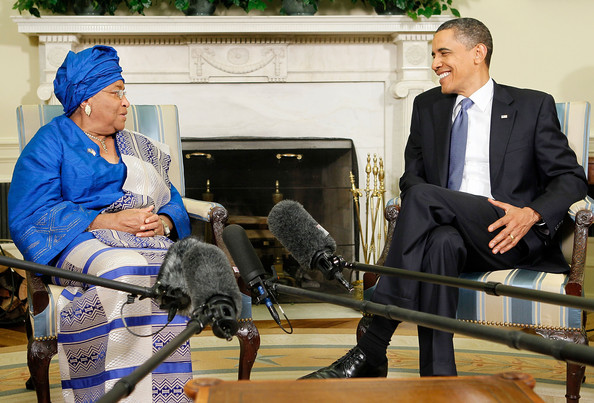
Sources from the Finance Ministry have disclosed that the total budget to be submitted is estimated at US$529 million and includes tax, non-tax and budget support grants.
According to our high-placed source, the 2014/15 budget is 4 percent higher than the updated projection of US$486 million for total revenues for this fiscal year, but 12 percent below the 2013/14 budget. Drawing lessons from the shortfall of 2013/2014, observers think the 2014/15 projections look realistic, as contingent revenue lines have been reintroduced to factor uncertain revenues.
Out of the US$506 million in core revenue, the Government projects to receive US$413 million in tax revenue, US$66 million in non-tax revenue and US$27 million in grants. Core tax revenue is expected to grow steadily compared to this fiscal year, by nearly 11 percent, driven by expansion in taxes on income and profits and on international trade; financial experts say.
Royalties and rents from concessions, particularly iron ore, are expected to rise, despite there being no one-off payments projected for this year. However, core non-tax revenue is falling overall, due to the reclassification of a portion of the dividends from SOEs as contingent.
Budget support grants are expected to fall as two donors; the World Bank and African Development Bank have transitioned their budget support to loans rather than grants. Credits of US$10 million from the World Bank and US$8 million from the African Development Bank, both for disbursement in fiscal year 2014/15, are expected to be put before the Legislature, but the slow passage of previous credits means they have been classified as contingent revenue.
Under this upcoming budget cycle, total borrowing is expected to be US$175 million. Of this, US$147 million will be disbursements of project financing agreements ratified by the Legislature and intended for specific projects. Government expects US$147 million to be disbursed against financing agreements for specific projects, including US$59 million for projects in energy, administration, infrastructure and agriculture financed by the World Bank;US$30 million from the European Investment Bank for the rehabilitation of Mt. Coffee; US$8 million from the AfDB and US$1 million from the International Fund for Agriculture Development (IFAD) for the small tree crop agricultural program.
In addition, US$10 million and US$8 million, respectively, will be budget support borrowing from the World Bank and the African Development Bank, while a further US$10 million will be domestic borrowing. Together, core and contingent revenue budget support grants and borrowing provide a total resource envelope of US$705 million.
On the expenditure side, Government is clear cut on avoiding wastage by prioritizing debt repayments and other non-discretionary payments, to prevent the build-up of arrears; waging a war on waste and reducing recurrent expenditures in order to free up resources for the Agenda for Transformation by eliminating some budgetary lines and reducing other lines that are very highly discretionary. Some of these lines are operational expenses, travel, fuel and scratch cards.
Under this fiscal regime, Government will concentrate on paying portion of its high impact projects across a number of sectors, known as counterpart funding, in order to leverage over US$300 million of additional donor funds and develop much needed infrastructure; investing in the security sector to ensure that the country can fill the gaps left by the UNMIL as they draw down; and leveraging external financing for national infrastructure – for the Fish Town to Harper Road, Sinoe Port rehabilitation, construction of power plants and transmission lines.
It can be recalled that when the Executive submitted the last fiscal budget to the National Legislature,it was increased from US$553 million to US$582 million, thereby imposing extra US$29 million strain on the budget, and eliciting the perennial budget shortfall debate.
Finance Ministry officials say the government continued its fiscal expansion under Konneh in Fiscal Year 2012/13 with USD 593 million in expenditure, a dramatic increase since FY2006/07’s outturn of USD 135 million, as the economy and revenue collection has recovered. The FY2012/13 outturn was lower than the approved USD 672 million budget for the year, as some of the expected loans and contingent revenues did not materialize.
The 2013 deficit was an estimated 2.6% of GDP, lower than envisaged due to slow capital budget execution. The government experienced some expenditure overruns, including for the repayment of previous years’ overdraft at the Central Bank and for the absorption of health and education salaries that were previously paid by donors. Some of these overruns were paid for by revenue for FY2013/14, which has called for identifying commensurate savings this year, which, combined with revenue shortfalls, may affect capital budget execution.
The government’s wage bill comprised more than 35% of expenditure in FY2012/13 and is high compared to the rest of Africa. Konneh has emphasized that containing the payroll and recurrent expenditure will be critical to allow for public investment.


